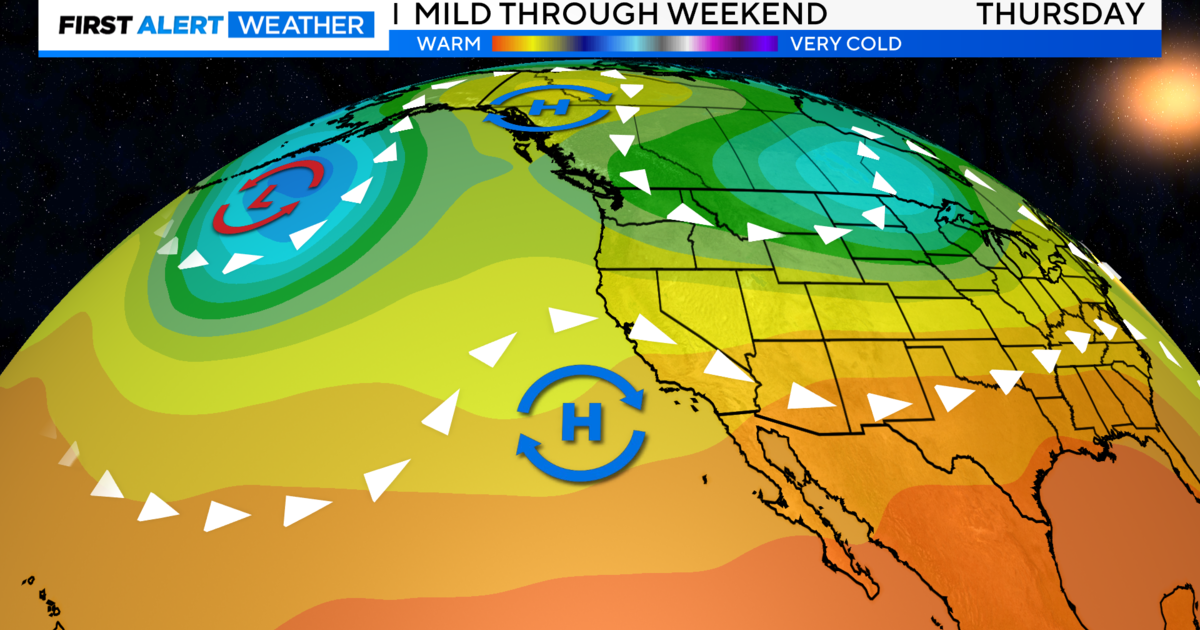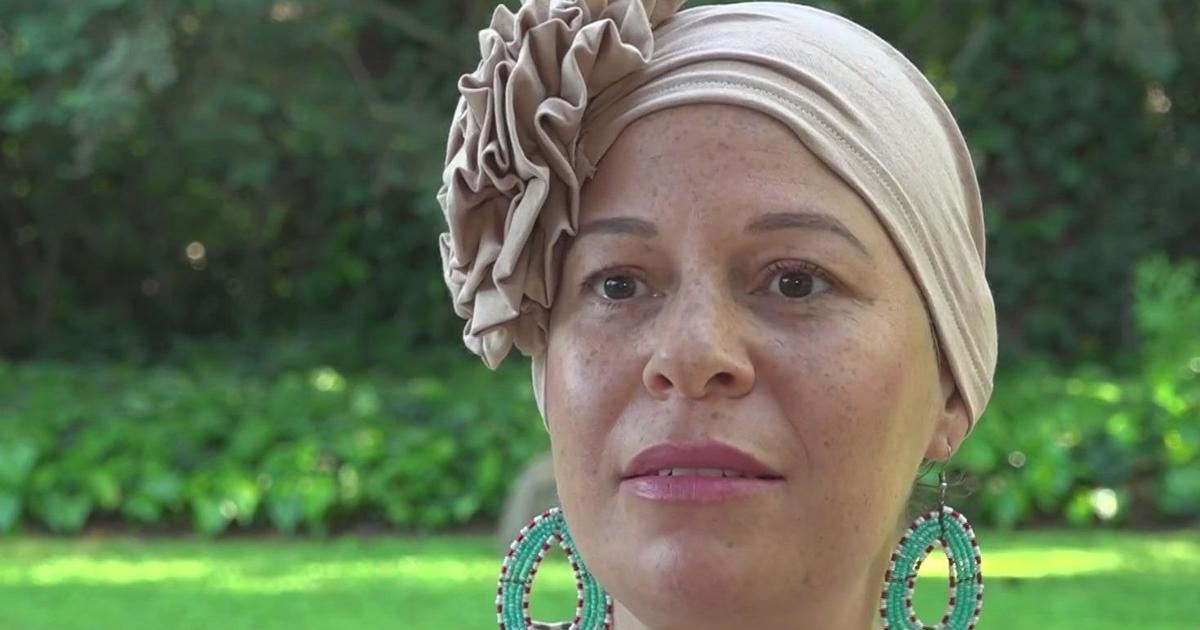Calif. 1 Of 3 States In US Without Widespread Flu
NEW YORK (AP) — Flu is more widespread across the nation, but the number of hard-hit states has declined, health officials said Friday.
Flu season started early this winter, and includes a strain that tends to make people sicker. Health officials have forecast a potentially bad flu season, following last year's unusually mild one. The latest numbers, however, hint that the flu season may already have peaked in some spots.
Flu was widespread in 47 states last week, up from 41 the week before, the Centers for Disease Control and Prevention said on Friday. Many cases may be mild. The only states without widespread flu are California, Mississippi and Hawaii.
The hardest hit states fell to 24 from 29, with large numbers of people getting treated for flu-like illness. Dropped off that list were Florida, Arkansas and South Carolina in the South, the first region hit this flu season.
Recent flu reports have included the holidays when some doctor's offices were closed, so it will probably take a couple more weeks to know if the flu has peaked in some places or grown stronger in others, CDC officials said Friday.
"Only time will tell how moderate or severe this flu season will be," CDC Director Dr. Thomas Frieden said in a teleconference with reporters.
Nationally, 20 children have died from the flu. There is no running tally of adult deaths, but the CDC estimates that the flu kills about 24,000 people in an average year.
Flu vaccinations are recommended for everyone 6 months or older, and health officials say it is not too late to get vaccinated. flu reports.
Nearly 130 million doses of flu vaccine were distributed this year, and at least 112 million have been used. Vaccine is still available, but supplies may have run low in some locations, health officials say.
Hyrmete Sciuto, of Edgewater, N.J., got a flu shot Friday at a New York City drugstore. She hadn't got one in years, but news reports on the flu this week made her concerned.
As a commuter by ferry and bus, "I have people coughing in my face," she said. "I didn't want to risk it this year."
The flu vaccine isn't foolproof; people who get vaccinated can still get sick.
On Friday, CDC officials said a recent study of more than 1,100 people has concluded the current flu vaccine is 62 percent effective. That means the average vaccinated person is 62 percent less likely to get a case of flu that's bad enough to require a trip to the doctor, compared to people who don't get the vaccine.
That's in line with how effective the vaccine has been in other years.
The flu vaccine is reformulated annually, and officials say this year's version is a good match to the viruses going around.
Flu usually peaks in midwinter. Symptoms can include fever, cough, runny nose, head and body aches and fatigue. Some people also suffer vomiting and diarrhea, and some develop pneumonia or other severe complications.
Most people with flu have a mild illness. But people with severe symptoms should see a doctor. They may be given antiviral drugs or other medications to ease symptoms.
Some shortages have been reported for children's liquid Tamiflu, a prescription medicine used to treat flu. But health officials say adult Tamiflu pills are available, and pharmacists can convert those to doses for children.
Copyright 2013 The Associated Press.



